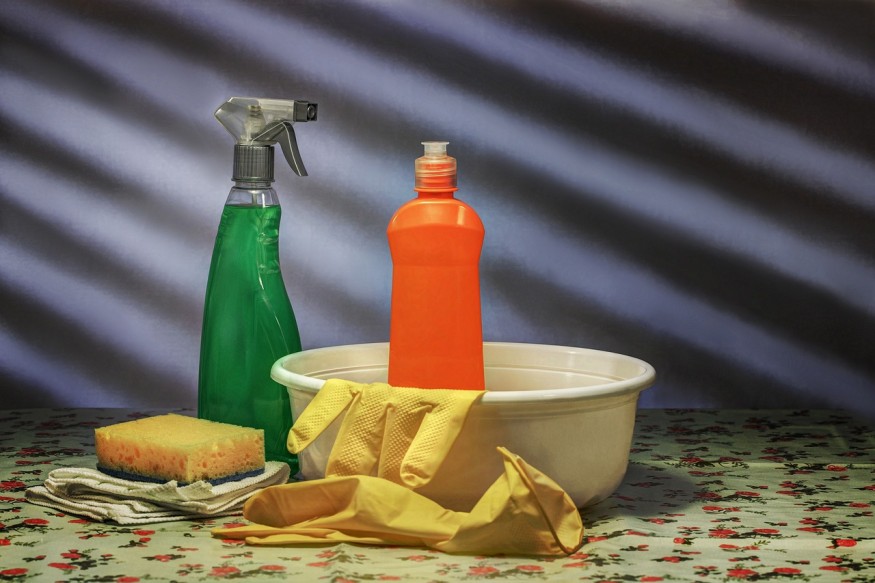A recent study, titled "Clostridioides difficile Spores Tolerate Disinfection With Sodium Hypochlorite Disinfectant and Remain Viable Within Surgical Scrubs and Gown Fabrics" published in the journal Microbiology, reveals that a key hospital chlorine disinfectant is ineffective against the primary cause of antibiotic-associated illness.
University of Plymouth research shows that despite high concentrations of bleach, Clostridioides difficile spores remain unaffected. In fact, chlorine chemicals are as ineffective as plain water in damaging these spores when used as a surface disinfectant.

Microbe Survives Chlorine Disinfection
Clostridioides difficile, commonly referred to as C. diff, is a microbe causing widespread health issues such as diarrhea, colitis, and various bowel complications, affecting millions of individuals worldwide every year.
This infection leads to approximately 30,000 deaths annually in the United States and nearly 8,500 in Europe. Recent data has shown a surge in C. diff infections before the onset of the COVID-19 pandemic in the United Kingdom.
In a prior study, Dr. Tina Joshi and colleagues demonstrated the resilience of C. diff spores to recommended concentrations of sodium dichloroisocyanurate, both in liquid form and within materials like surgical gowns.
The latest research delved into the spore response of three strains of C. diff to three clinical concentrations of sodium hypochlorite. Spores were applied to surgical scrubs and patient gowns, and scanning electron microscopes was employed to examine potential morphological changes in the outer spore coat.
The results suggest that chlorine disinfectants commonly used in healthcare settings have no impact on C. diff spores. This study underscores the importance of comprehending the interaction between spores and disinfectants for the effective management of C. diff infections.
Dr. Joshi emphasizes the urgency of further exploration, particularly in the face of the global increase in antimicrobial resistance (AMR), to address lingering questions regarding biocide tolerance in C. diff and its potential correlation with antibiotic co-tolerance.
Given the escalating global challenge of AMR, finding solutions to these questions becomes increasingly imperative, not just for C. diff but also for other superbugs. This is crucial for implementing effective strategies to manage and alleviate the burden of infections within healthcare settings.
READ ALSO: Why Does Blonde Hair Turn Green in Swimming Pools? No, It's Not Chlorine That's Causing It
Rising Threats, Resistant Strains, and Calls for Medical Disinfection Reevaluation
C. diff stands out as the leading causative agent of healthcare-associated diarrhea. Over the past decade, the frequency of C. diff outbreaks has escalated, contributing to increased morbidity and mortality rates.
The emergence and dissemination of C. diff strains resistant to multiple antimicrobial drugs further complicate prevention and treatment efforts. While most C. diff isolates remain susceptible to metronidazole and vancomycin, instances of resistance to other antimicrobial drugs have been documented.
The study underscores the risk faced by individuals working or receiving treatment in clinical settings, where they may unknowingly be exposed to the superbug.
Dr. Joshi emphasizes the increasing threat to human health posed by superbugs due to the rising incidence of antimicrobial resistance. The study highlights the need for disinfectants and guidelines that align with bacterial evolution, calling for a reevaluation of current disinfection protocols in the global medical field.
RELATED ARTICLE: Swimming Pool With Chlorine Can Effectively Kill COVID-19 [Study]
Check out more news and information on Medicine and Health in Science Times.
© 2026 ScienceTimes.com All rights reserved. Do not reproduce without permission. The window to the world of Science Times.











